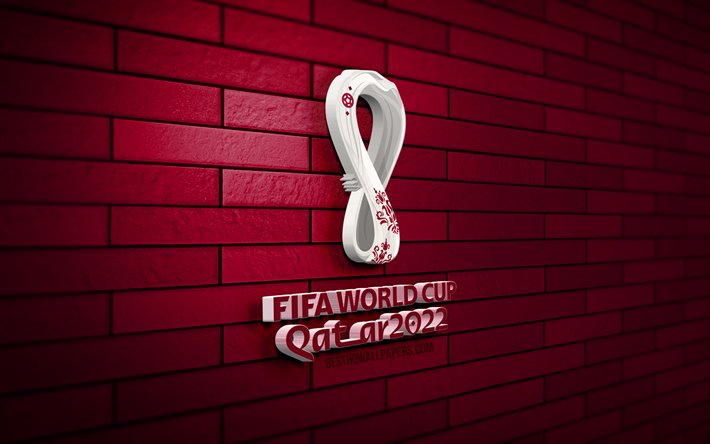Not Just Workforce Exploitation: Why We Should Worry About the 2022 Qatar FIFA World Cup
Image by Carlos Morejon
In 2013, Reuters reported a politically grotesque press conference held by Jerome Valcke and Sepp Blatter, respectively the then Secretary General and President of FIFA. Blatter recalled his sense of relief when Argentina won the World Cup they hosted in 1978, saying that it caused reconciliation “between [...] the people of Argentina and the political system”. It is worth reminding that the “political system” in 1978 Argentina was a military dictatorship that made around 30,000 political dissidents disappear. Valcke, on the other hand, declared that “less democracy is actually better for organising a world cup”. He added that working with Vladimir Putin’s Russia in 2018 would have probably been easier than with a country like Germany, thanks to the decisional power of a “strong head of state”.
The 2018 Russia World Cup was not just smooth sailing for Valcke, but also a lifetime occasion for Vladimir Putin to increase his soft power through football. As a great short documentary by Deutsche Welle explains, the Russian autocrat has always had a flair for using sports as a tool for increasing his legitimacy, and his connections with the wider footballing world have been an important gateway to enhanced foreign influence. An obvious example is the pervasive presence of state-backed energy giant Gazprom in football teams’ sponsors, in addition to the partnership with UEFA Champions League, before the war in Ukraine upset the business. FIFA, moreover, seems to have largely ignored major controversies arising from the Russia World cup: chief amongst them, bribery and migrant workforce exploitation. A story that should sound eerily familiar, now that the Qatar World Cup is approaching.
The human rights disaster in the Qatar edition of the World Cup was too big to be ignored, as The Guardian revealed in its infamous report about the 6500 migrant worker deaths between 2010 and 2021 that were in some way or another related to the development of the infrastructure surrounding the World Cup. In March 2021, FIFA released a statement that was supposed to respond to the Guardian’s report, which depicts a much more optimistic view of the labour conditions and estimated deaths. In spite of the claim that “[t]he FIFA World Cup 2022 has already now contributed significantly to the transformation of the labour rights situation in Qatar '', FIFA requested no human rights nor labour protection clauses in the contracts with Qatari authorities. This, along with other human rights concerns like Qatar’s legally enshrined discrimination towards the LGBTQ+ community, should be enough to make someone at least ‘critical’ of the World Cup in Qater and reveal the event for what it truly is a show built upon modern slavery, and the blood and abuse of many.
An obvious, easily predictable objection, would be something along the lines of “keep politics out of sports”, represented in the celebrity footballing world by Zlatan Ibrahimovic. Such a statement relies on two main fallacious assumptions, the first being the substantial identification of the term “political” with “partisan”, and consequently implying that respect of basic human and working rights is a divisive matter. The second fallacy is more subtle and worth deeper consideration, namely the idea that not voicing human rights concerns can be considered “apolitical”. Silence is in fact deeply political, and entails connivance with an authoritarian state that not only gets legitimised to an international audience, but also earns an opportunity to spread its influence through related deals and sponsorships. Such a visible and popular sporting event is a great tool of propaganda and international political and economic networking, as the Putin case, which is far from being the first of its kind, clearly showed. We are therefore facing two big questions: is our entertainment worth 6500 deaths? And is it worth providing a source of influence and power to an ambitious authoritarian country?
Le Monde reports a statement from the French Football Federation saying that “participating does not mean condoning”. In the same article, the author Jerome Latta provides a solid response to the claim, advocating for the political commitment of the national teams: “participating does not mean condoning”, unless you just participate. Being vocal about the human rights issues raised by the World cup, as Denmark is trying to do, for example, is not easy, however. Not only is the Nordic national team wearing a black kit in solidarity with the deceased migrant workers, but they were also supposed to train bearing messages of support for human rights on their t-shirts. FIFA has however forbidden them to do so. Was this an attempt at looking apolitical? Perhaps, but whatever FIFA’s intentions were, their actions ended up being loudly political, providing a nice assist to authoritarian oppression, or, in Blatter’s own words, “reconciliation”.

